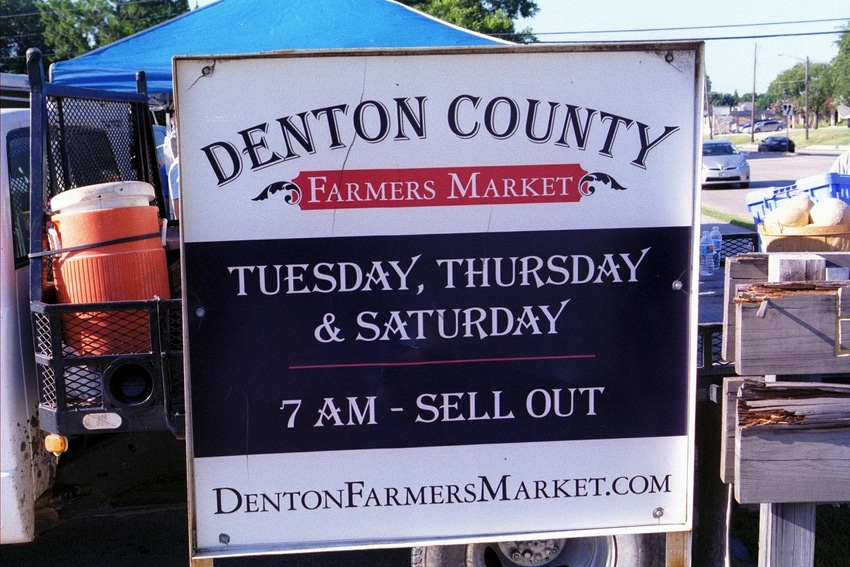
Once considered a central community hub for the freshest produce available and a place where consumers could socialize with their neighbors on a regular basis, local food markets, or farmer's markets as they were once called, are making a significant comeback in recent times and, according to a new study, offer modern consumers a chance to connect with producers that grow their food.
"It’s about valuing the relationship with the farmers and people who produce the food and believing that how they produce the food aligns with one's personal values," says Ion Vasi, an associate professor with a joint appointment in the Department of Sociology and Tippie College of Business at the University of Iowa and corresponding author of the study.
For his purposes of the study, Vasi examined the development of local food markets by looking at the number of farmers markets, food coops, community-supported agriculture providers, and local food restaurants in cities all across the United States.
The study indicates more Americans than ever before are supporting local food markets for a number of contributing reasons. In part, as in the past, savvy food consumers are looking for fresh foods that many believe taste better because of the time required to move food products from farms to markets.
For the latest on southwest agriculture, please check out Southwest Farm Press Daily and receive the latest news right to your inbox.
But the study indicates the popularity of local food markets doesn't stop there. Vasi says more and more people are joining food co-ops and supporting local markets because they want to relate to the people who grow their food.
Locavores
These shoppers, who Vasi calls "locavores," are generally committed to the idea of being a part of something greater than themselves — a community that shares their passion for a healthy lifestyle and a sustainable environment.
"It’s about valuing the relationship with the farmers and people who produce the food and believing that how they produce the food aligns with their personal values," Vasi says.
According to the study, local food markets are what sociologists call a “moralized market,” a place in which people combine economic activities with social values. UI researchers discovered local food markets were more likely to develop in areas where residents had a strong commitment to civic participation, personal and family health, and a concern for the environment.
The study examined the development of local food markets by looking at the number of farmers markets, food co-ops, community-supported agriculture providers, and local food restaurants in various communities.
While the resurgence of local food markets has been a trend over the last couple of decades or more, popularity and interest has more than doubled in recent years. In fact, according to the United States Department of Agriculture, national direct-to-consumer food sales increased three-fold between 1992 and 2007, growing twice as fast as total agricultural sales. The number of farmers markets listed in the USDA National Farmers Market database increased from 3,706 in 2004 to 8,268 in 2014.
In determining why consumers are turning to local food markets, the study revealed the prevailing reason offered by consumers was to find an alternative to "big-box stores" and as a way to strike back against the globalization of food products from distant parts of the world. Local food market consumers overwhelmingly agree they would prefer their food to be grown "close to their homes and kitchens."
Buying local
Another supporting force behind local markets has been local community leaders desiring to increase control over local economies by promoting locally-owned businesses.
As far as the profile of consumers that prefer to frequent local food markets, the study notes that supporters generally represent higher education levels, higher income levels, and are located in communities with more institutions of higher education.
"Sociologists and political scientists have argued that higher income allows people to make consumption decisions based on values in addition to matters of price or value," says Sara Rynes, professor of Management and Organizations in the UI Tippie College of Business, and co-author of the study. "Education is likely to facilitate knowledge about such things as links between the way products are produced and their environmental and health impacts."
The study also indicated more small farm operators are turning to university Extension services to help them develop properties and strategies to service local food markets.
About the Author(s)
You May Also Like




